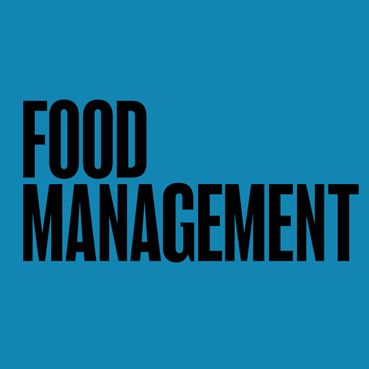Investigators Say NJ Public Employees Lie on School Lunch Apps
A hundred individuals in New Jersey, 83 of them public employees, were caught misrepresenting incomes to get their children a free school lunch.
July 22, 2013
A hundred individuals in New Jersey, 83 of them public employees, were caught lying about their incomes in order to secure their children a free school lunch, according to the state's Office of the State Comptroller, which referred the culprits for prosecution. In addition, OSC also referred for prosecution 26 individuals who are either the spouses of public employees or another member of their households.
The referrals stem from an OSC investigation of 15 school districts that found widespread fraud in the free lunch program over a three-year period. Among the 109 criminal referrals, the investigation found false information on free lunch applications submitted from the households of 40 school district employees in addition to six elected school board members from Pleasantville, Newark and Paterson.
“Dozens of public employees appear to have lied about their income in order to take advantage of a school program designed to help families in need,” State Comptroller Matthew Boxer says.
OSC’s investigation found one Pleasantville school board member underreported her household income on her NSLP application by an average of approximately $59,000 for each of the three years OSC reviewed. In an interview, the board member told OSC investigators that she did not include her own income on the applications because she herself was not the person receiving the free student lunch. She added that her income “is none of (the school district’s) damn business.” OSC also referred the board member to the state Division of Taxation as a result of her failure to file state income tax returns for multiple years.
“We took on this project because we were concerned about the ability of public employees to use their knowledge of the workings of the free lunch program to improperly obtain benefits,” Boxer says. “Those who know the rules of the program have a greater opportunity to submit a fraudulent application and avoid any scrutiny.”
OSC found that those applications that fell within the three percent threshold outlined by federal law governing audits of free lunch applications and were subject to income verification were more often than not rejected by school districts during the review process. In the 15 school districts OSC reviewed, the districts decreased or eliminated the initially determined benefit for those applications 63 percent of the time, ranging from a high of 95 percent in the Trenton school district to a low of 39 percent in the Millville school district.
More than half of those applicants, 56 percent, saw their benefits eliminated because they simply did not respond to the district’s request to provide documents verifying their income. Under program guidelines, school districts generally take no additional action when an applicant fails to respond to a request for income verification.
Total underreported income in the 109 cases OSC has referred for prosecution exceeded $13 million over the three-year period reviewed. In interviews with OSC investigators, the applicants gave a number of explanations for the inaccurate information they provided to the school districts. Many said that they reported their net income instead of gross income as required by the application form itself. Other applicants failed to list the income of their spouse or other members of their household as required by the form.
For example, a supervisor with a state agency who underreported her household income by an average of approximately $97,500 for each year OSC reviewed failed to include her husband’s earnings and told OSC she “put down what she brought home” as her total income.
OSC’s investigation also found a series of examples of school districts failing to remove applicants even after they submitted documents that showed they were ineligible. A Paterson school district nurse, for example, remained enrolled in the free lunch program even after the pay stub she submitted demonstrated she had significantly underreported her earnings and did not meet program income requirements. The nurse told OSC investigators that when she was not removed from the program despite being subject to verification she thought the district was extending her a courtesy because she is an employee there.
In the Bayonne school district, 71 applications were verified as eligible despite missing necessary information, such as pay stubs. Bayonne school officials stated the verification errors generally were the result of insufficient training of its verification staff, which has since been rectified.Oversight of the free lunch program also has been hampered by a failure to properly communicate important federal guidance, OSC found.
Specifically, the state Department of Agriculture, which administers the program, failed to forward to school districts a federal memorandum authorizing school officials to use known salary information to identify and investigate questionable applications from district employees. Circulation of the memorandum could result in additional applications being verified “for cause.”
The failure to weed out fraudulent applications has fiscal consequences that extend beyond the cost of administering the NSLP itself. New Jersey school districts receive additional state aid based upon the number of children in their districts deemed eligible for the program. The report notes that breaking the connection between free lunch eligibility and state aid to school districts could both avoid awarding aid based on inaccurate information and address district incentives to enroll ineligible applicants in the free lunch program.
During the 2011-2012 school year, the federal government provided $212 million in NSLP reimbursements to school districts in New Jersey. The State of New Jersey paid $5.5 million to further support the program.
OSC began its investigation of the free lunch program after the Elizabeth Board of Education president and others affiliated with the Elizabeth school district were arrested for filing fraudulent free lunch applications. The investigation covered the 2009-2010, 2010- 2011 and 2011-2012 school years. In total, OSC’s report makes eight recommendations to improve the free lunch application review process.
About the Author
You May Also Like






